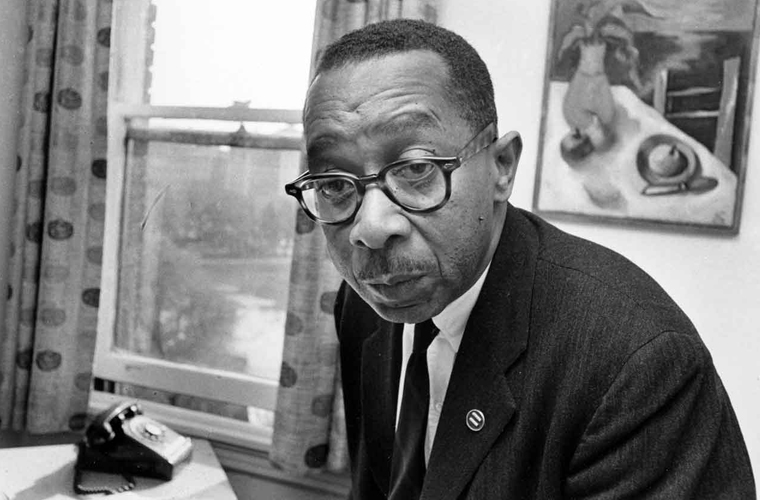Dr. Kenneth Clark is a renowned figure in the field of psychology, known for his groundbreaking work on racial identity and the effects of segregation on African-American children. His research and activism have had a profound impact on the understanding of social inequality and the fight for civil rights in the United States. This article aims to provide an overview of Dr. Clark’s life, his contributions to psychology, and his lasting legacy. Kenneth Bancroft Clark was born on July 14, 1914, in the Panama Canal Zone. Growing up in a racially segregated society, he experienced firsthand the injustices faced by African Americans. This early exposure to inequality fueled his desire to challenge the status quo and work towards social change.
Clark attended Howard University, where he earned a bachelor’s degree in psychology in 1935. He then went on to pursue graduate studies at Columbia University, where he earned both a master’s degree and a Ph.D. in psychology. During his time at Columbia, he studied under renowned psychologists such as Otto Klineberg and Henry Garrett, who deeply influenced his thinking and research interests.
Doll Experiment and the Brown v. Board of Education Case:
One of Dr. Clark’s most famous contributions to psychology was the “doll experiment” conducted in the 1940s. In this study, he and his wife, Mamie Phipps Clark, presented African-American children with two dolls—one white and one black—and asked them to identify which doll they preferred. The results revealed that a significant number of children associated positive attributes with the white doll and negative attributes with the black doll. This groundbreaking research provided empirical evidence of the harmful effects of segregation on African-American children’s self-esteem and identity. The findings from the doll experiment were later cited in the landmark Supreme Court case Brown v. Board of Education (1954). Dr. Clark’s research played a crucial role in demonstrating that segregation was psychologically damaging to African-American children and helped pave the way for desegregation in American schools.
Throughout his career, Dr. Clark held various academic positions, including professorships at City College of New York and Harvard University. He also served as the first African-American president of the American Psychological Association in 1970. Dr. Clark’s research focused on racial identity development, prejudice, and discrimination, shedding light on the psychological impact of racism on individuals and communities.
In addition to his academic work, Dr. Clark was actively involved in civil rights activism. He served as an expert witness in several court cases challenging segregation and inequality, using his expertise to advocate for equal rights and opportunities for all individuals. Dr. Kenneth Clark’s contributions to psychology and the civil rights movement cannot be overstated. His research on racial identity and the effects of segregation paved the way for a greater understanding of social inequality and its impact on individuals’ well-being. His work continues to inspire scholars and activists alike, reminding us of the importance of fighting for justice and equality.
Dr. Kenneth Clark’s groundbreaking research on racial identity and segregation has left an indelible mark on the field of psychology. His commitment to social justice and equality serves as a powerful reminder of the transformative power of research and activism. As we continue to strive for a more equitable society, Dr. Clark’s work remains a beacon of hope and inspiration for generations to come.

